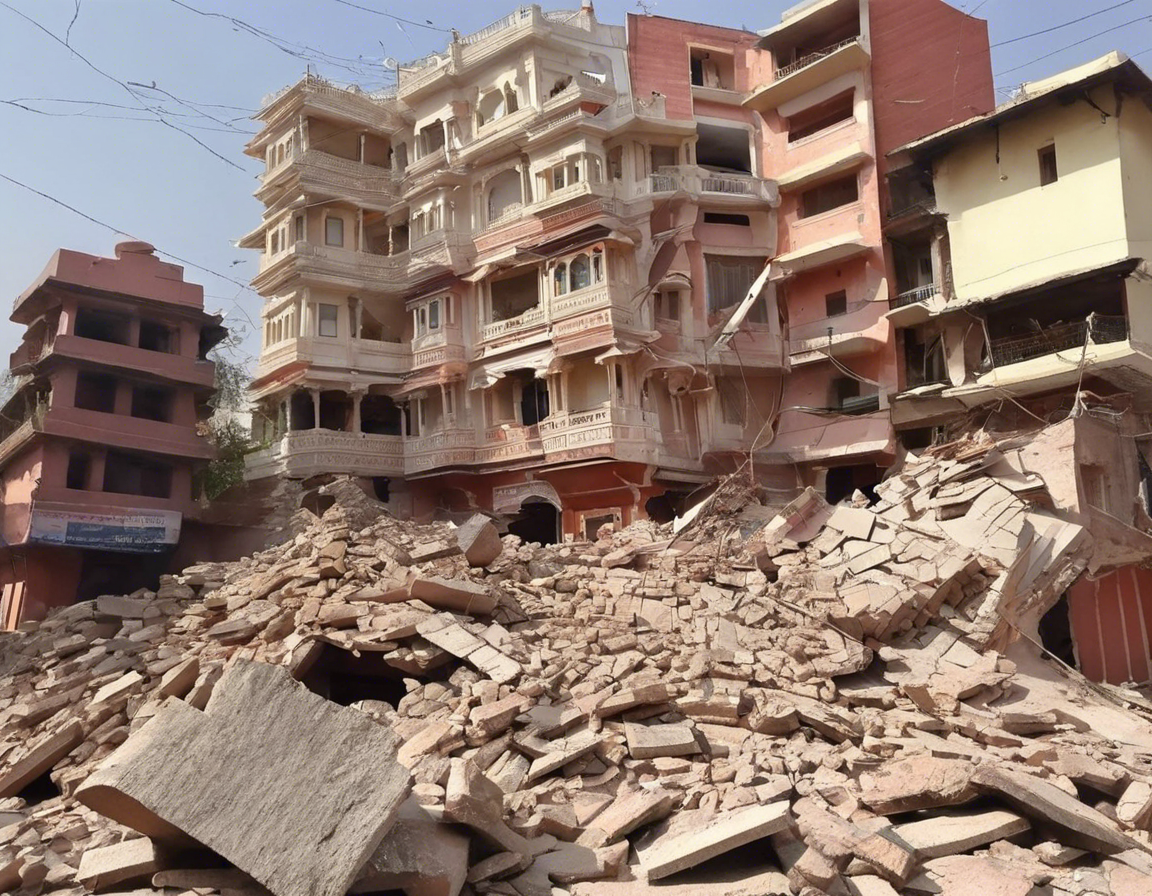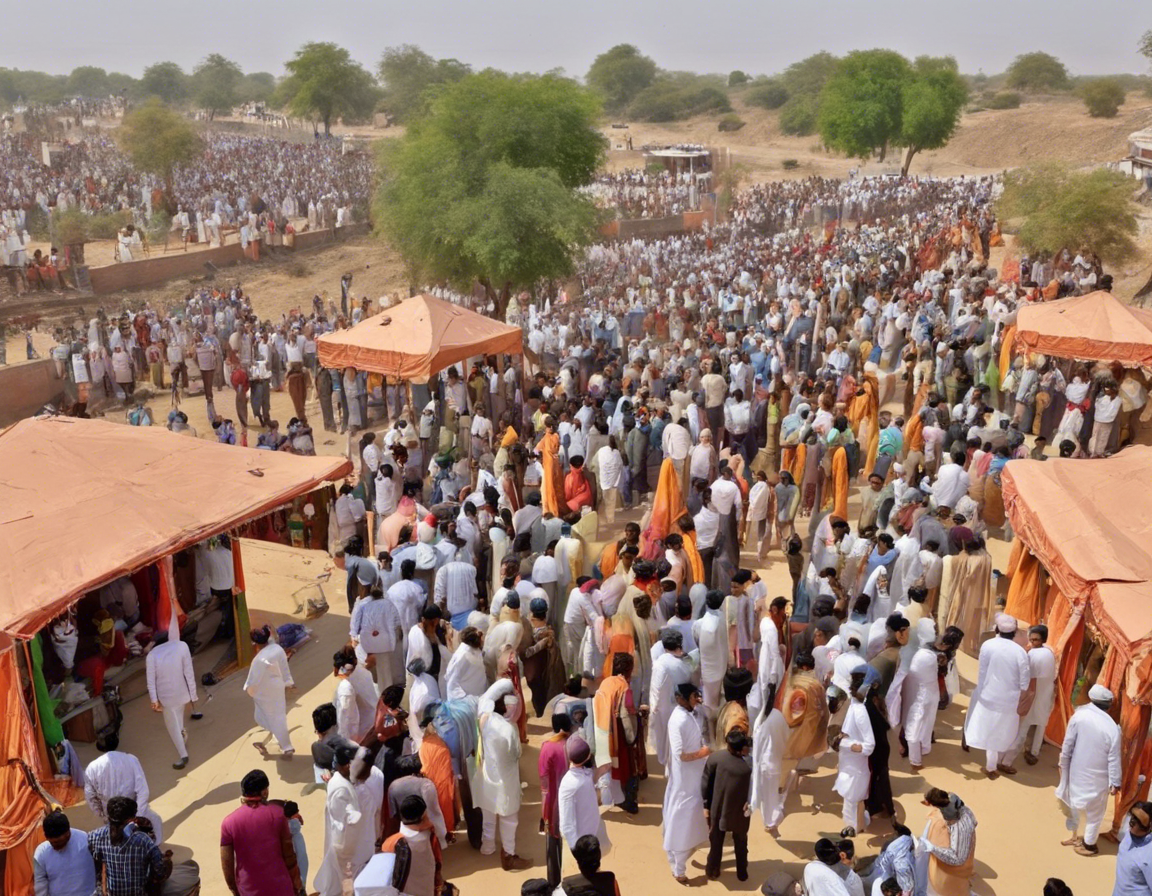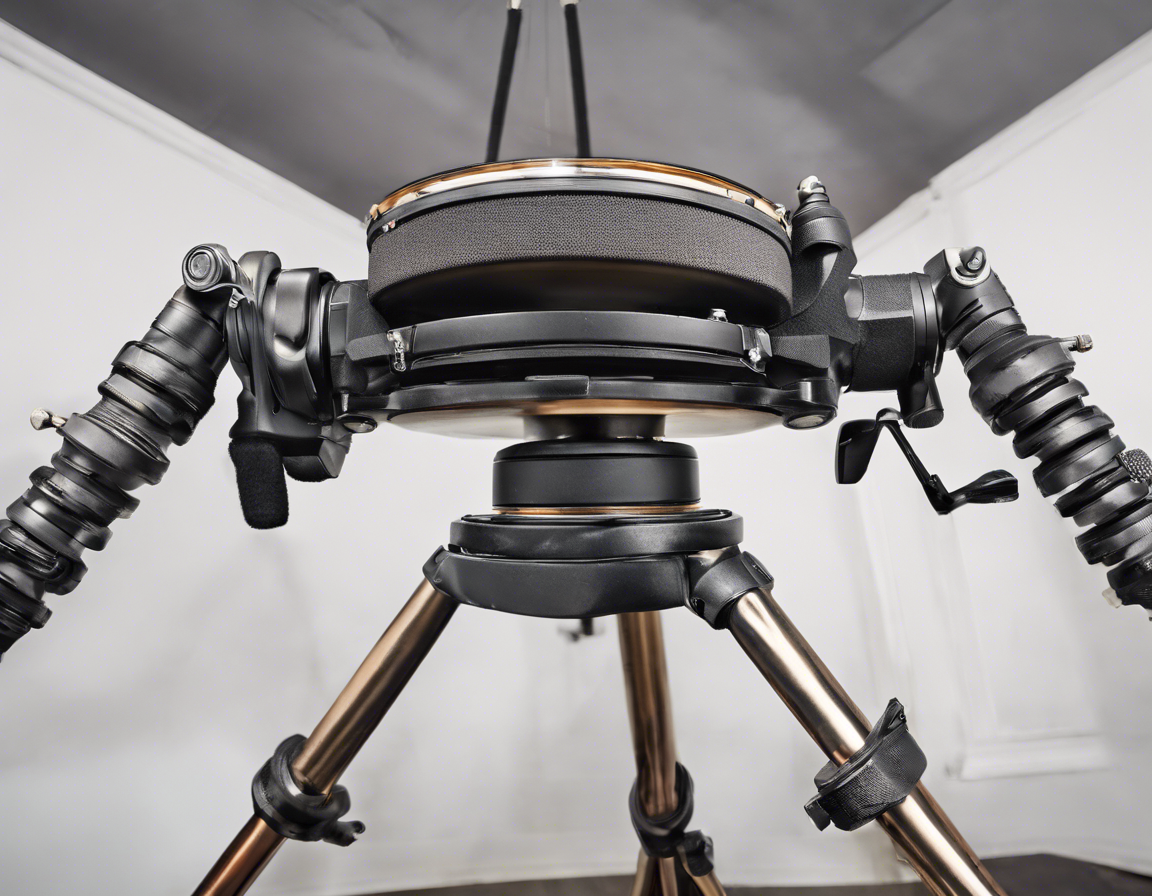
With the recent earthquake striking Jaipur, it is crucial to understand the importance of being prepared for such natural disasters. Earthquakes are unpredictable and can cause significant damage to property and pose a serious threat to human life. While it is impossible to predict the exact time and intensity of earthquakes, being well-informed and prepared can make a significant difference in ensuring safety and minimizing damage. In this article, we will discuss the essential steps to take before, during, and after an earthquake to stay safe and secure.
Understanding Earthquakes
Earthquakes are the result of the sudden release of energy in the Earth’s crust that creates seismic waves. These waves cause the ground to shake, leading to the potential for destruction. The intensity of an earthquake is measured on the Richter scale, with higher magnitudes indicating a more powerful quake.
Before an Earthquake
- Create an Emergency Plan: Develop a family emergency plan that includes evacuation routes, meeting points, and contact information.
- Prepare an Emergency Kit: Stock up on essential supplies like food, water, medications, and first aid kits that can last for at least 72 hours.
- Secure your Home: Identify and fix any potential hazards in your home, such as heavy objects that can fall during an earthquake.
- Practice Safety Drills: Conduct regular earthquake drills with your family to ensure everyone knows what to do in case of an earthquake.
During an Earthquake
- Drop, Cover, and Hold On: When you feel the ground shaking, drop to the ground, take cover under a sturdy piece of furniture, and hold on until the shaking stops.
- Stay Indoors: If you are indoors, stay there. Move away from windows, heavy furniture, and other objects that could fall.
- If Outside: Move to an open area away from buildings, trees, streetlights, and utility wires. Avoid power lines and stay there until the shaking stops.
After an Earthquake
- Check for Injuries: Attend to any injuries and seek medical help if needed.
- Inspect your Home: Check for gas leaks, electrical damage, and structural damage in your home. Do not use any appliances if you suspect damage.
- Listen to Updates: Stay tuned to local news and follow government advisories for any post-earthquake instructions.
Frequently Asked Questions (FAQs)
1. Can earthquakes be predicted?
No, earthquakes cannot be predicted with pinpoint accuracy. Scientists can only forecast the probability of an earthquake occurring in a certain area over a given period.
2. What should I do if I’m driving during an earthquake?
If you are driving, pull over to the side of the road, away from buildings, overpasses, and utility wires. Stay inside the vehicle until the shaking stops.
3. Should I open windows during an earthquake?
Contrary to popular belief, it is not necessary to open windows during an earthquake. In fact, doing so may lead to more damage and injuries from shattered glass.
4. How can I help others during an earthquake?
Check on your neighbors, especially the elderly and those with disabilities, to ensure their safety. Offer assistance where needed and share your resources if possible.
5. Can aftershocks be as dangerous as the initial earthquake?
Yes, aftershocks can be just as dangerous as the main quake. It is essential to stay vigilant and follow safety protocols even after the initial shaking stops.
In conclusion, being prepared and informed is key to staying safe during an earthquake. By following the recommended safety measures and having a well-thought-out emergency plan in place, you can protect yourself and your loved ones in the event of a seismic event. Stay safe, stay informed, and be prepared for any eventuality.







